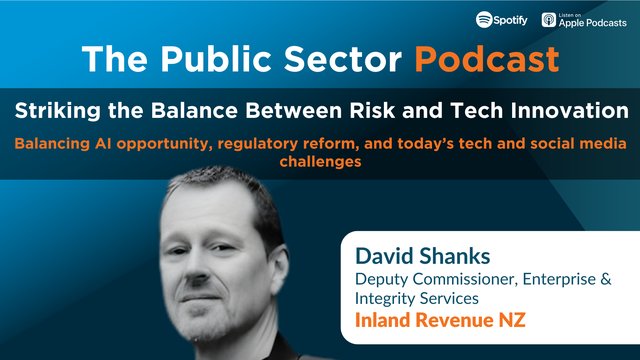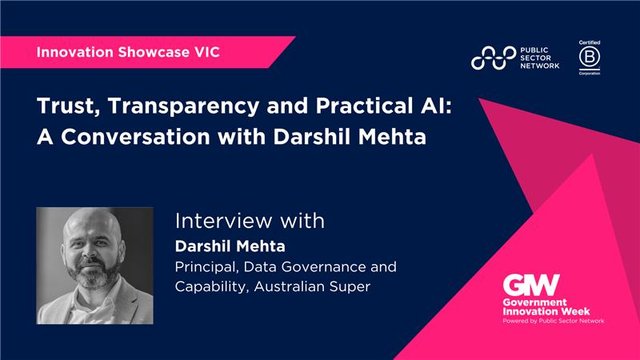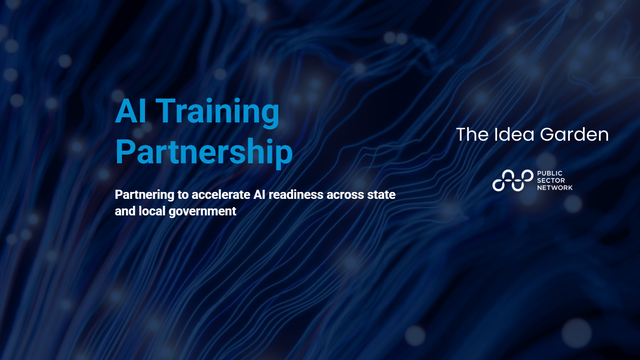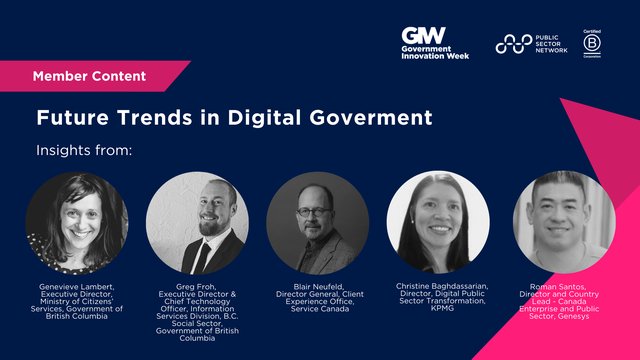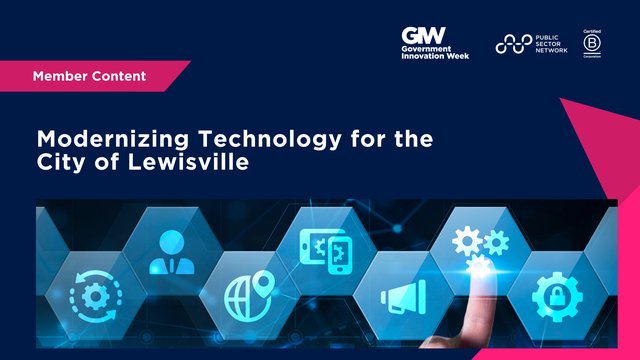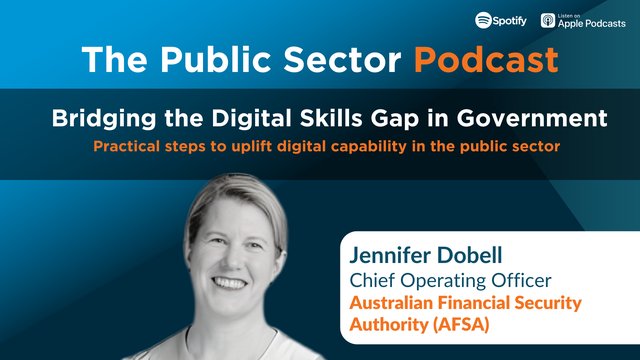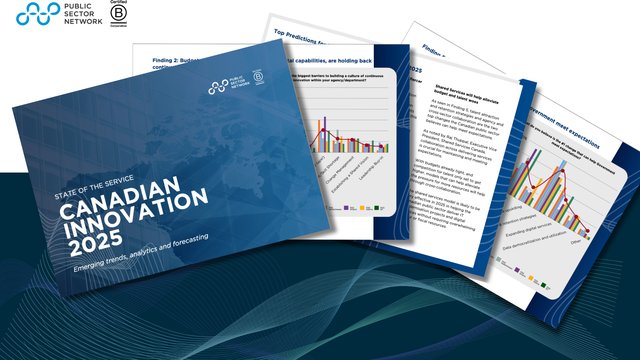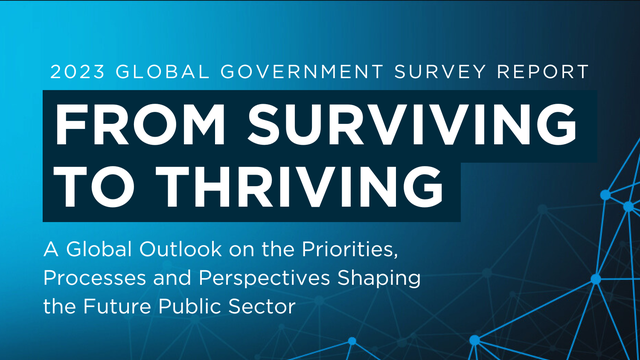
AI is not just a buzzword – it’s transforming how organisations manage and secure their information. AI is enabling a more proactive, intelligent approach to information governance. Transforming plain old records management and compliance necessities into a strategic advantage.
In 2025, the question remains: Is your organisation ready to harness the full potential of AI?
In 2024, we saw organisations making strides in AI adoption, yet challenges persist. To thrive in 2025, organisations must turn these lessons into actionable strategies.
Here’s how you can shape your governance strategy for the year ahead.
What did we learn in 2024?
The promise of AI pushes far beyond productivity gains. It’s a transformative opportunity to redefine information governance at scale. But not everyone is ready.
Throughout the year, we’ve gathered valuable insights from public sector IT and Information leaders. These conversations have highlighted the growing role of AI in information governance. They also shed light on the challenges that will shape its future.
Our findings reveal key trends in AI adoption and its impact on the sector:
- Two biggest benefits of adopting AI in Information Governance
- 36%: Enabling advanced data analytics and insights
- 30%: Streamlining data integration and management
- Adoption progress
- 48% are either in progress or planning to adopt AI
- 35% have not yet adopted AI
- Key obstacles to AI adoption
- 57% citing concerns over the sensitive nature of information
- 48% lack of policy and guardrails as the key obstacle to AI adoption
As the digital infrastructure of government expands, the risks and opportunities surrounding information governance become increasingly clear. The challenge now is to turn these insights into actionable priorities that will drive meaningful change.
Heading into 2025: Four Key Organisational Priorities
We’ve identified four key organisational priorities that should shape your strategy in 2025.
Address business complexity
Business complexity is growing, driven by increasing structural changes and machinery of government (MoG) activities. Managing compliance and large volumes of information across many systems is an ongoing challenge.
Approach: Adopt an agile federation strategy that unites your information across systems.
- Automatically classify and enrich your content.
- Manage policies, permissions, and disposal rules to stay compliant and keep up with legal requirements, regardless of where your information is stored.
- Leverage powerful AI capabilities to enrich information across your systems, turning scattered data into actionable insights.
Retire legacy and curate data
As we look at the market, many organisations are navigating transformational journeys as they update their IT strategies. However, they often face challenges managing orphaned data in old systems and struggle to create a clear plan to resolve these issues.
Approach: Implement a robust data curation strategy. Cleanse, enrich, and manage orphaned datasets in your legacy applications.
- Streamline and consolidate legacy systems.
- Seamlessly connect data sources with robust quality and compliance screenings.
- Develop information migration strategies with a holistic view of critical content. This will help determine what to retain, redact and dispose of.
Manage information risks
With evolving legislation and growing cyber threats, protecting information is essential to reducing risk. Over-collection of data complicates the protection of sensitive information. While inadequate security measures increase compliance challenges.
Approach: Adopt a strategic, multifaceted approach:
- Proactive Monitoring: Supervise information flows to de-risk operations and meet legal obligations.
- Secure Sensitive Information: Redact and move sensitive information wherever it resides.
- Build Public Trust: Embed robust security measures to strengthen confidence in government operations.
Overcome hidden challenges
Extensive searches across silos drain valuable resources and hinder information retrieval. This impacts critical processes such as royal commissions, freedom of information (FOI) requests, subject access requests, subpoenas, e-discovery, and everyday business needs.
Approach: Adopt an intelligent information governance framework to streamline retrieval and reduce resource demands:
- Eliminate Redundancy: Use clustering to identify and remove duplicate information, improving dataset clarity.
- Segment for Efficiency: Break datasets into manageable segments, ensuring discovery processes target only relevant documents.
- Leverage techniques and technology: Analyse both content and context, enabling precise alignment with requests.
Focusing on these priorities lays a solid foundation for success. But what’s the bigger picture? As we move into 2025, three overarching strategies emerge as critical to future-proof your organisation.
Three Key Strategies for 2025 Governance
Focus on three transformative strategies to future-proof their information governance practices:
- Prioritise agility, efficiency, and proactive management in your information governance strategies.
- Mitigate risks, streamline operations and enhance compliance. By adopting data curation, AI-driven insights, and federation.
- Maximise the value of your information. By effectively managing, protecting, and leveraging data to drive meaningful outcomes.
2025 is your opportunity to lead with confidence. Transform your information governance strategy today.
Download our insight paper to access practical solutions for success in the year ahead.
Published by
About our partner

Objective Corporation
Objective Information Intelligence empowers government organisations to take complete control of their information, reducing risk, ensuring compliance, and unlocking the full value of their data. All without disrupting how teams work.Seamlessly connect to your existing systems to automatically enforce governance, maintain security, and optimise information for modern technologies, including AI solutions such as Microsoft Copilot and private RAG implementations.From secure collaboration and records management to information sharing and compliance, Objective Information Intelligence simplifies how your organisation manages and leverages information, driving transparency, stronger compliance, and greater efficiency across every department.With Objective Information Intelligence, your organisation gains a trusted foundation for defensible, AI-ready information, helping you make confident, data-driven decisions while maintaining complete control.
Learn more

